
How Does the Fed Adjust Its Securities Holdings and Who Is Affected?
Read or listen offline
Amazon KindleRecommendation
The US Federal Reserve is taking substantive measures to normalize its monetary policy in a retreat from its highly accommodative response to the 2007–2009 Great Recession. This change of direction requires the Fed to take a series of steps, including shrinking its more than $4 trillion balance sheet. Central bankers Jane Ihrig, Larry Mize and Gretchen C. Weinbach explain how the Fed will reduce its assets. getAbstract suggests this illuminating but highly technical report to finance professionals, accountants and investors intrigued by the complex machinations of Fed policy.
Summary
About the Authors
Jane Ihrig, Larry Mize and Gretchen C. Weinbach are professionals with the Federal Reserve Board Divisions of Monetary Affairs and Reserve Bank Operations & Payment Systems.








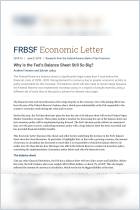
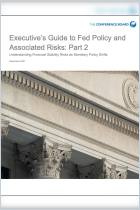
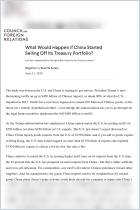
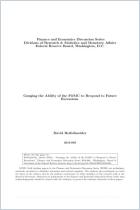

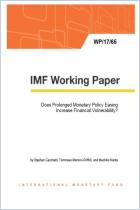






Comment on this summary